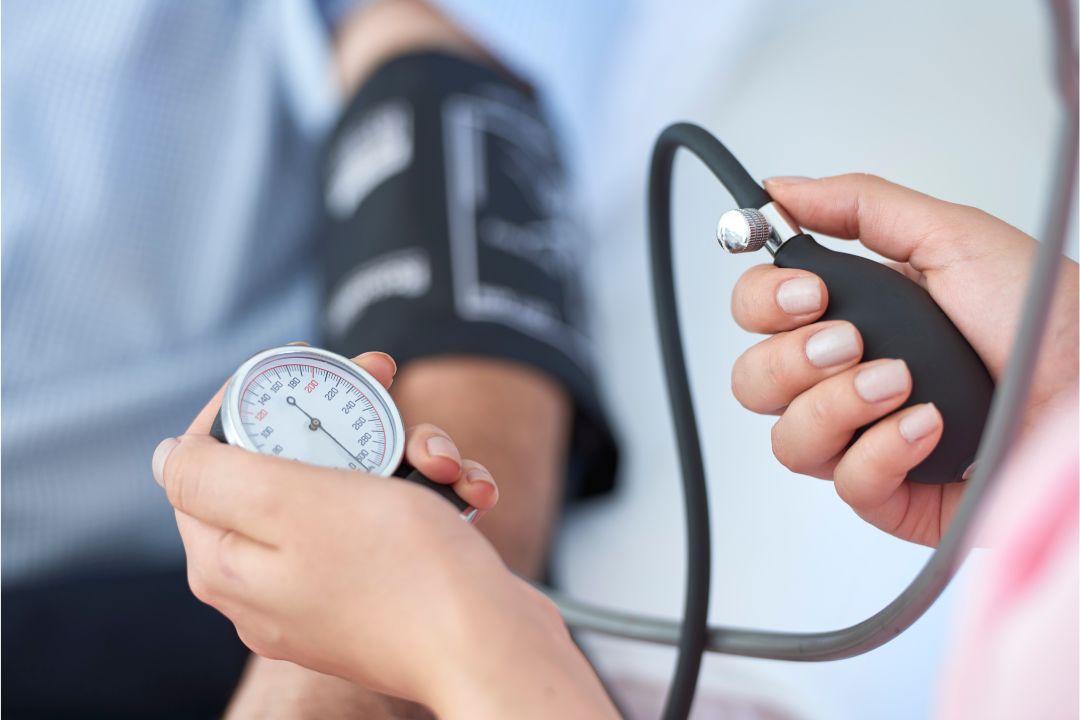


Hypertension, or high blood pressure, is a medical condition in which the pressure of blood increases in blood vessels. Hypertension can be classified as either primary, when there is no obvious cause, or the much less common secondary hypertension, where there is an identifiable cause.
A blood pressure of 140/90 mmHg or higher is considered high. Both numbers are important. If one or both numbers are consistently high, you have high blood pressure or hypertension. Even if treatment brings your readings into the normal range, you are still considered hypertensive.
Hypertension is divided into two subtypes:
Hypertension occurs when the arterioles, small blood vessels that branch off from the arteries, become constricted, making it difficult for blood to pass through them. This results in elevated blood pressure and forces the heart to work harder. If blood pressure at rest remains at 140/90 mmHg or higher, hypertension is likely.
Blood pressure is determined by the volume of blood pumped by the heart and the size and condition of the arteries. Many factors can affect blood pressure, including:
Essential hypertension has no identifiable cause but is thought to involve genetic and environmental factors such as salt intake. It makes up more than 95% of all cases of high blood pressure.
Secondary hypertension is caused by another disorder, such as:
In most cases, hypertension does not present any symptoms. Occasionally, a mild headache may occur. However, if you experience any of the symptoms below, you should see a doctor immediately, as they may indicate dangerously high blood pressure (malignant hypertension) or complications from high blood pressure.